Risk Live Europe
Risk Live Europe 2024 is Risk.net's flagship festival and supports the risk community covering industry critical discussions with a world-class speaker line-up. The event will host stages covering Risk management, Op Risk, Investment risk, ESG & climate risk, Traded risk, and AI.


Presents
Risk Live Europe
June 18-19, 2024 | Convene Sancroft, St Paul's, London
Bigger & better for 2024
800
Attendees
250
CROs & senior risk leaders
150
Speakers
2
Days
Risk.net comes to life under one roof
Change the way you think about risk
From Risk.net, the leading publication for risk professionals in financial services, our flagship festivals bring our expert editorial content live to the stage. Risk Live Europe unites senior professionals responsible for risk management and traded risk from across the financial services industry to gain exclusive insights, share experiences and form meaningful business connections.

2024 speakers include

Keith Davies
Group chief risk and compliance officer
Admiral Group
David Bailey
Executive director for UK deposit takers supervision
Bank of England
David Bailey is executive director for UK deposit takers supervision, responsible for the supervision of the UK’s banks, building societies and credit unions. He also represents the Prudential Regulation Authority (PRA) on the Basel Committee for Banking Supervision.
Bailey joined the Bank of England (BoE) in 2014 as director of financial market infrastructure and has held roles as executive director of international banks supervision and executive director of financial markets infrastructure. His most recent role was executive director of authorisations, regtech and international supervision.
Prior to working at the BoE, Bailey was head of markets infrastructure and policy at the Financial Conduct Authority (FCA) and at its predecessor, the Financial Services Authority (FSA).
He graduated from Durham University and began his career at JP Morgan.

Daniel J. Mankowitz
Staff research scientist
DeepMind
Daniel Mankowitz is a staff research scientist at Google Deepmind, working on solving the key challenges that will unlock reinforcement learning algorithms to work on real-world applications at scale. This includes a focus on reinforcement learning from human feedback (RLHF) in the context of large language models (LLMs) such as Gemini.
He has worked on: code optimization, code generation, chip design, video compression, recommender systems, and controlling physical systems such as heating ventilation and air-conditioning (HVAC), with publications in Nature and Science.
Rory Stewart
Former secretary of state
UK Government
Rory Stewart is a diplomat, author, explorer, academic, and politician – serving in successive Conservative governments as minister of state for international development, minister for environment, minister of state for Africa, and minister of state for prisons. He is a senior fellow at Yale University’s Jackson Institute for Global Affairs, where he teaches politics and international relations.
Stewart is an acclaimed author and co-host of the successful podcast, The Rest is Politics, alongside Alastair Campbell. He has been described by the New York Times as “living one of the most remarkable lives on record.”. Stewart was the first man to walk across Afghanistan after the US-UK invasion, and served as deputy governor of two Iraqi provinces at the age of 29. He advised the US President and British Prime Minister on their Afghanistan and Middle East policy. Stewart is proficient in 11 languages.
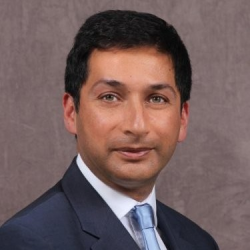
Kanwardeep Ahluwalia
Co-head global markets risk, deputy chief risk officer, Emea
Bank of America
Kanwardeep Ahluwalia is co-head of global markets risk for Bank of America. He joined Bank of America from Swiss Re where he was the group head of financial risk management, which included the role of chief risk officer for asset management, as well as serving as the reinsurance chief risk officer for Emea. Prior to that, Ahluwalia worked at Bear Stearns where he had a number of positions leading to the roles of chief risk officer for Europe & Asia and global head of market risk. This was preceded by a period working in regulation for the UK’s former Securities & Futures Authority.
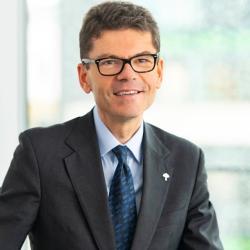
Chris Knight
Group chief risk officer
Legal and General
Chris Knight took the role of group chief risk officer in May 2021. For the previous three years he had been the chief executive of Legal and General’s retail retirement business, where he led the expansion of annuity propositions, developed one of the leading providers of lifetime mortgages and launched their financial advice and care businesses. Knight also serves as Legal and General’s customer champion, representing retail customers’ interests across the whole product range, a perspective he brings to his chief risk officer role.
He has previously held positions at Legal and General of finance director of the international division, and chief financial officer of Legal & General Assurance Society. Knight has a first-class economics degree from King’s College, Cambridge and has worked on four continents in a career spanning more than three decades. He is a fellow of the Institute and Faculty of Actuaries.

Chandni Bhan
Chief risk officer
Wise

Anthony Mayer
Chief risk officer
Barclays Europe
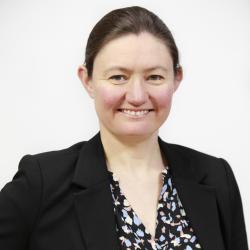
Jo Lucas
Chief risk officer, Emea
Mizuho International

Marco Crotti
Policy expert
European Banking Authority
Marco Giovanni Crotti is a policy expert at the European Banking Authority (EBA). He is responsible for the implementation of the EBA FRTB roadmap and represents the EBA at the BCBS Market Risk Group.
Crotti holds a MSc in mathematical engineering from Politecnico di Milano and an executive master in EU studies at the centre international de formation européenne.

Michael Sparks
Chief risk & compliance officer, issuer services
BNY Mellon

William Cooper
Head of risk
SEB DK
In 2016 William Cooper became the head of risk for SEB Denmark with responsibility for protecting the banks financial results and reputation by preventing excessive risk taking and promoting a strong risk management culture. He has a key role in driving and contributing to risk related projects including the banks FRTB program.
Cooper has worked in the past for both buy and sell side firms, in roles ranging from trading at a large hedge fund to working as a quantitative analyst at a tier 1 investment bank, always with a focus on improving financial modelling and analytics to maximize risk management and market awareness. He holds a BSc in mathematics and economics from the LSE and a MSc in mathematics from the University of Copenhagen.
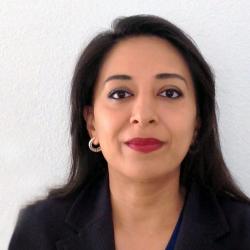
Saadia Mujeeb
Former chief risk officer
Macquarie Group Europe
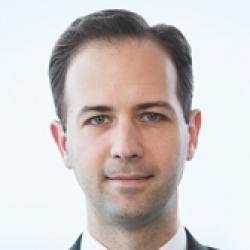
Sebastjan Smodis
Emea chief risk officer and global head of investment risk
UBS
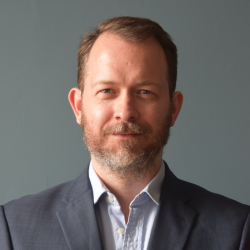
David Semmens
Chief investment officer
Cadro
David Semmens is Cadro's chief investment officer, overseeing the investment department and chairing all investment related committees. He is a non-executive director of RiskSave Technologies, a leading provider of technological and regulatory support to asset managers and leading fintechs. Semmens continues to sit on Wealthify's investment committee as an external advisor where he helped develop and oversee the firm’s ethical investment proposition. He also volunteers on the investment committee for one of Scotland's largest education charities and is an adjunct-lecturer delivering a postgraduate finance and investment course at Heriot Watt University.
Since completing an MSc in economics at the University of Warwick, Semmens has worked in London, Cardiff, Edinburgh, New York, and Paris, running the gauntlet in fintech, banking, insurance, and asset management for Wealthify (part of the Aviva Group), HSBC Asset Management, Euler Hermes, and Standard Chartered Bank. He is also a CFA Charterholder with an executive MBA from the University of Cambridge. In his spare time, Semmens enjoys playing cards, crime novels, and walking with his wife in the Highlands and Islands of Scotland.
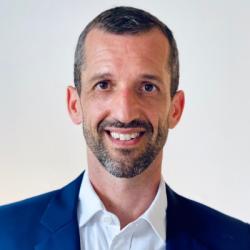
Neil Robinson
Chief information security officer
Virgin Money
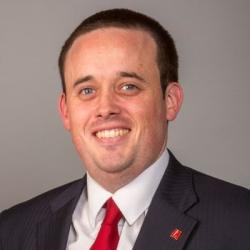
Thomas Ralph
Chief risk officer
Charity Bank

Jeevan Perera
Senior engineer
NASA
Jeevan Perera is currently the risk manager for the Orion space vehicle. The Orion is NASA's new spacecraft which will replace the Space Shuttle, service the International Space Station, and then return astronauts to the moon and eventually mount expeditions to Mars. Perera has been with NASA for 20 years. In his current capacity, he is responsible for risk management policies, processes and analytical tools that ensure the successful deployment and operations of this new spacecraft. Perera oversees both quantitative and qualitative risk analysis processes and provides technical direction to a team of risk analysts. Formerly as the International Space Station risk manager, he designed, developed, implemented and improved the program's risk management processes through a phased, systematic approach setting the standard for NASA’s risk practice. Prior to his work in risk management, Perera has worked in different technical fields in support of many NASA programs and projects. These duties have included management responsibility for versions of the primary and back-up flight software for the Space Shuttle and development responsibility for other software used aboard Space Shuttle and International Space Station missions.
Perera has been a member of the board of trustees for a local homeowners association, has provided legal advice to the United Space School, a foundation for international space education that brings student from around the world for focused classes on space related disciplines. He often presents on space topics at schools, universities, public events and international conferences. Perera has both a Jurisprudence Doctorate (law) and a PhD in Industrial Engineering.
Don't miss hearing from
Opening keynote: Rory Stewart, Former Secretary of State, UK Government
Rory will speak on the main stage sharing a thought-provoking perspective on geopolitical issues and their implications for risk management.
New for 2024
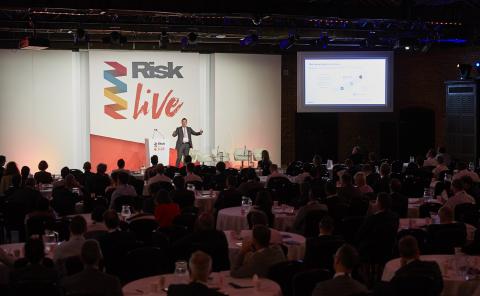
AI stage
A stage dedicated to AI applications (current and upcoming) within risk management and traded risk.

More networking
One day wasn't enough. Meet with your peers and hear how they are addressing the latest challenges, ensuring that you get ahead in the changing landscape of risk.
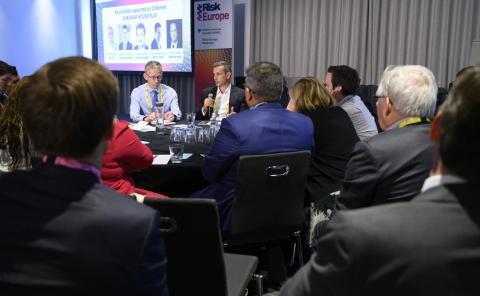
Risk Live roundtables
Engage in interactive sessions to connect with peers, put your questions to experts and regulators, and emerge equipped with actionable strategies to support your business.
A six-in-one festival experience
Risk management
Risk management brings together chief risk officers and senior risk managers from leading financial institutions to gain the insight required to thrive in the new era of risk management.
Op risk
Op risk is the leading regional event dedicated to operational risk, where operational risk management experts from across Emea convene to discuss the most pressing topics on the minds of industry professionals.
Investment risk
At Investment risk, leaders of buy-side risk management and investment strategy meet, learn and get ahead in the new era of risk. Join investment managers, asset owners and hedge funds to gain inspiration, improve investment decisions, demystify the complexities of market risk and shape the future of your industry.
ESG & climate risk
ESG & climate risk will gather senior risk management and investment strategy decision-makers from asset managers, hedge funds, life insurance firms, pension funds, and investment banks in the UK and Europe.
AI
New to Risk Live 2024: AI can help your business, whilst ensuring controls are in place to meet with compliance requirements. The AI stage will consolidate the perspectives of industry professionals leading the way in seizing the opportunities around AI for risk managers.
Risk Live roundtables
New to Risk Live 2024: participate in dynamic discussions, designed to foster meaningful connections with industry peers. This interactive format offers a unique opportunity to engage directly with seasoned experts and regulatory authorities, allowing you to pose pertinent questions and gain invaluable insights.

What to expect at Risk Live Europe 2024
Risk Live is a great opportunity to discuss the latest developments in the risk world and connect with colleagues from across the globe

Christian Bluhm, Group chief risk officer, UBS
Risk Live is a unique event that looks at the big picture and the impact on risk management and financial markets

Albert Loo, Deputy head of sales for global markets, Societe Generale
Risk Live is one of the few events where banks and buy side come together to thrash out the issues shaping the future of finance
Andrés Choussy, Chief executive, Traiana
The countdown is on, are you going to miss out?
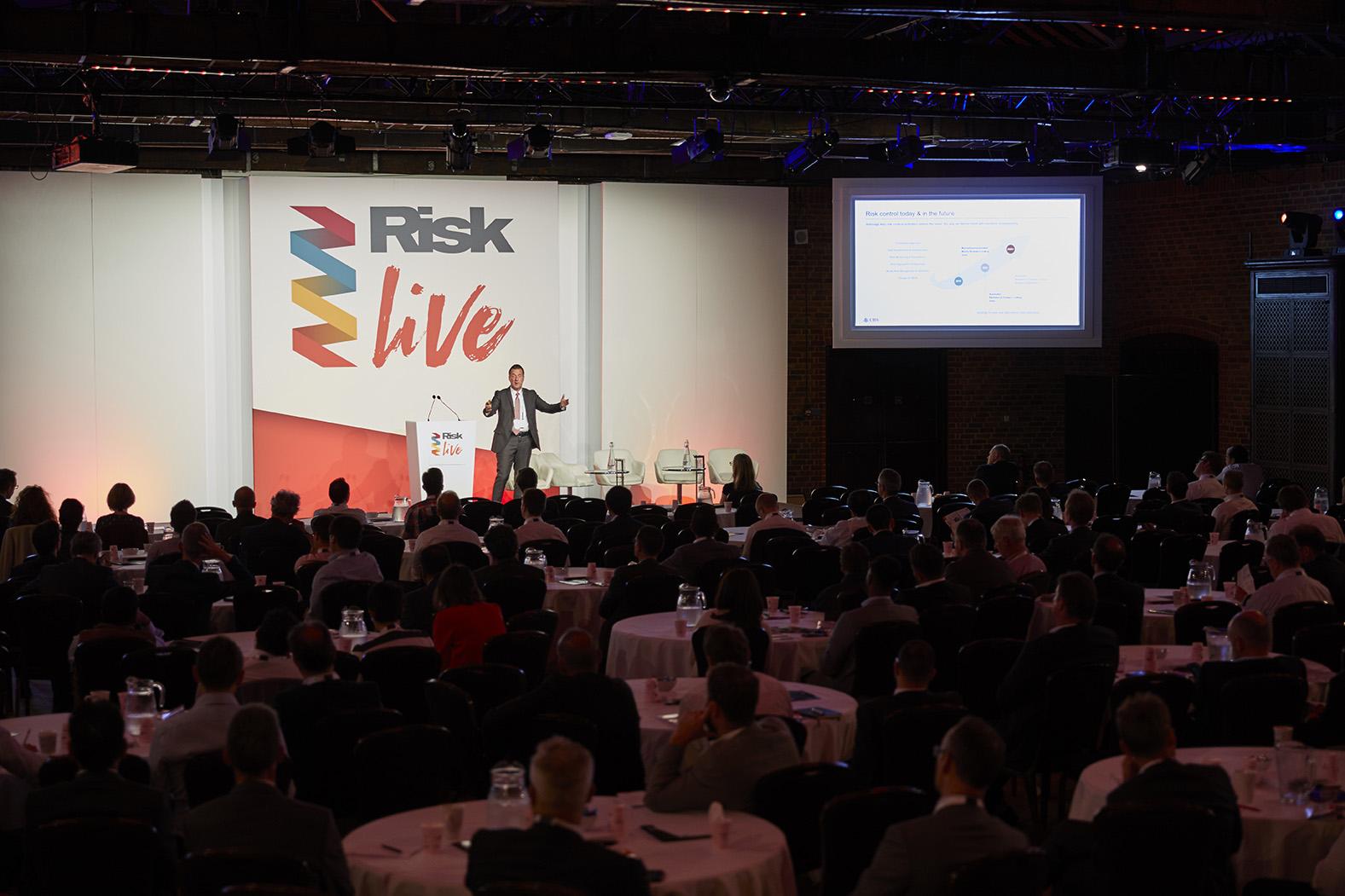
Partner with Risk Live 2024
- Meet the Risk.net community in-person
- Position your organisation as a revolutionary thinker
- Reach Risk.net's audience of senior decision-makers
- Access Risk.net's subscribers before, during and after the event
- Benefit from Risk.net’s experience of delivering thought leadership
Contact us


Sponsorship enquiries
Antony Chambers
Publisher, Risk.net/FX Markets/WatersTechnology

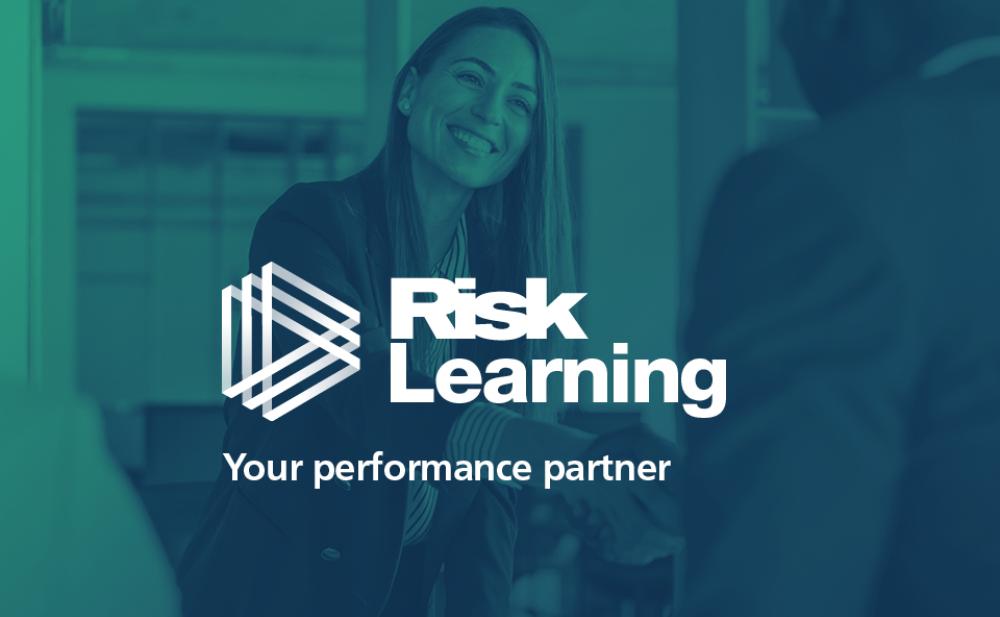
Risk Learning
The leading provider of learning & development for professionals working in risk management, derivatives and complex financial markets.
Solutions cover: ESG, climate risk, operational risk, quant & model risk, transformation & technology, and treasury & capital markets risk.